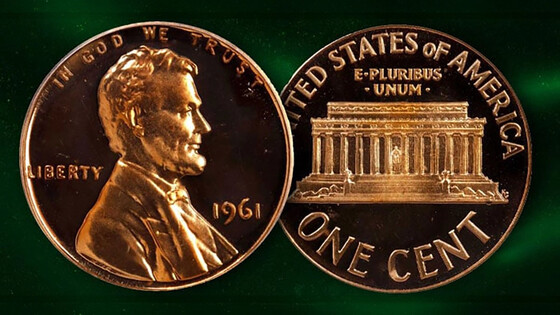
The humble penny, once a symbol of American commerce, is now at the center of a heated debate in the United States. The rising cost of producing the coin, coupled with its declining utility, has sparked a discussion about its future.
The Penny's Plight: High Cost, Low Utility
The primary issue plaguing the penny is its cost of production. The increasing prices of zinc and copper have pushed the cost of minting a penny above its face value. In 2020, it cost more than two cents to produce a single penny, resulting in an annual loss of over $73 million, which is ultimately borne by taxpayers.
Furthermore, the penny's usefulness has diminished over time. Many people find pennies cumbersome and tend to discard or ignore them. Retailers rarely calculate transactions down to the cent, further reducing the penny's practical value. This low utilization raises concerns about its economic efficiency.
A Nation Divided: To Abolish or to Retain
Proponents of abolishing the penny argue that it would lead to significant cost savings and increased societal efficiency. Eliminating the penny would not only reduce manufacturing expenses but also streamline the circulation of currency, allowing for better allocation of resources. The funds saved could be redirected towards other public services.
Conversely, those who oppose abolishing the penny express concerns about potential price increases. However, experts suggest that the impact on inflation would be minimal. Experiences from countries like Canada and Australia, which have already discontinued their one-cent coins, indicate that price stability can be maintained.
Navigating the Challenges
Abolishing the penny is not merely about eliminating a single coin; it requires careful consideration of various factors to ensure a smooth transition. Addressing the rounding of prices, minimizing consumer confusion, and accommodating those who rely on cash transactions are crucial aspects that need thorough discussion and planning.
The Inevitable Shift
Considering the declining utility of the penny, its abolition seems increasingly inevitable. By taking this step, the United States can reduce economic waste and pave the way for a more efficient financial system. While challenges may arise during the transition, careful planning and open dialogue can mitigate any potential disruptions. Ultimately, abolishing the penny represents an opportunity to streamline the nation's currency system and enhance economic efficiency.
[Copyright (c) Global Economic Times. All Rights Reserved.]




























